Peugeot is hoping its new 308 will put itback in contention in the lower-medium sector with new technology and class-leading CO2 emissions.
The body is 140kg lighter than the outgoing model and with an overall length of 4.25 metres, it’s also the most compact, but short overhangs and optimised interior space ensure the car will be among the roomiest in its class.
But being lighter and more aerodynamic than before gives Peugeot the opportunity to claim sector-leading low CO2 emissions with new Euro 6 diesel engines due to join the range soon after the car's launch in January 2014.
Although the new 308 will offer CO2 emissions from 93g/km with the 1.6 HDi 92, new BlueHDi models available from spring 2014 will enable Peugeot to offer CO2 emissions from 82g/km. The engines will be rolled out across the Peugeot range from next year.
Peugeot will also be showing a high-performance concept version of the 308 at Frankfurt. The 308 R is powered by a turbocharged 270bhp petrol engine. The model suggests a high-performance version of the 308 with a similar power output will be introduced to the range.
Future technology will also be on show with a 2008 Hybrid Air concept car.The 2008 Hybrid Air, combines a petrol engine and a compressed air powertrain, the latter element recovers energy on braking and deceleration and will be applied to B and C segment Peugeot cars and vans from 2016. The target fuel consumption is 141mpg.
Technology is also explored in the 208 Hybrid FE ‘demonstrator’, developed by Peugeot in partnership with Total. The car emits 49g/km of CO2, yet can accelerate from 0-62mph in just 8.0 seconds.
The impressive result is due to optimised aerodynamic properties, weight reduction from extensive use of composite materials and polycarbonates, plus a petrol/electric drivetrain which combines the three-cylinder engine and an automated gearbox with an electric motor and battery. The car also features composite suspension and wheels, while special tyres further reduce rolling resistance.
New Peugeot 308 claims sector leading low CO2
- By Fleet News
- |
- 27 August 2013
- News
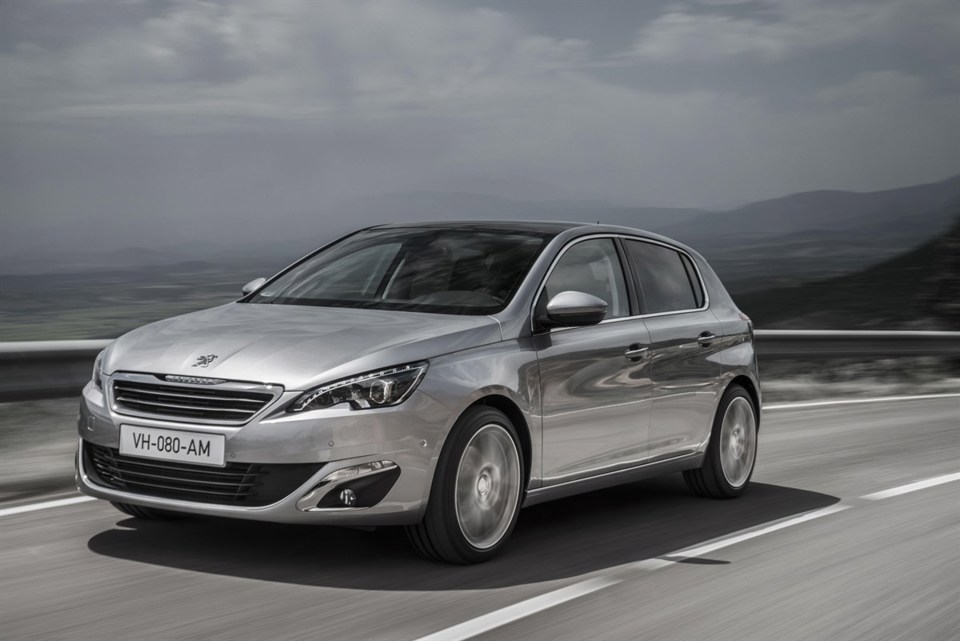

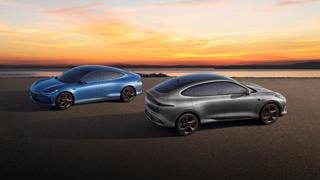
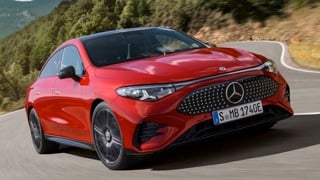
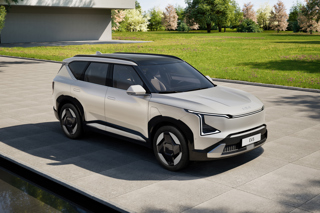
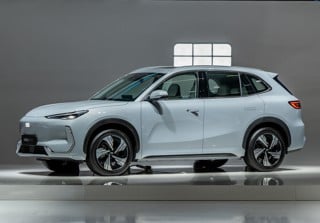












Login to comment
Comments
No comments have been made yet.